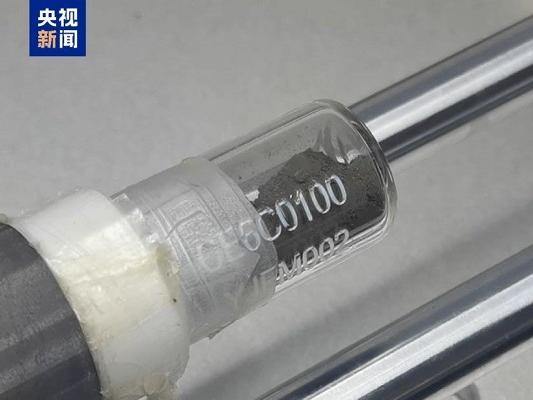After fighting the Omicron variant of the novel coronavirus for about 40 days during which more than 44,000 local cases had been reported since March, Jilin province in Northeast China started re-opening gradually from Wednesday, when the province reported 323 cases, none of them severe.
This is further evidence, following Shenzhen's taming of it within about three weeks, that as long as the dynamic clearing policy is implemented promptly and strictly, the highly contagious strain of the virus can be effectively controlled.
Even if the challenge Shanghai is facing in its fight against the virus is tough, it can and will control the virus if it adheres to the tried and proven approach.
The difficulties of the city at present originate not from the dynamic clearing policy itself but from the fact that this policy was not strictly implemented in certain areas of the city from the very beginning. The situation in Shanghai proves exactly the necessity of promptly implementing the dynamic clearing policy in its entirety. And to decide quickly in which areas to carry it out is undoubtedly a test for local authorities.
Before this wave of the virus, Shanghai, with its efficient governance, rich medical care resources and solid economic foundation, had been viewed as a role model for its scientific and cool-headed response to the virus.
Yet, it dropped its vigilance and apparently underestimated the infectiousness of the Omicron virus which makes the window of opportunity to control the contagion much shorter than that of the Delta variant, particularly in such a populous city like Shanghai, home to more than 20 million residents.
That the city has not yet seen the peak of its infections after reporting about 350,000 cases since last month speaks volumes of the hardship the city has been experiencing these days and the consequences of the complacency of some.
That no COVID-19 deaths have yet been reported in the city and only nine of the around 350,000 cases in Shanghai are severe as of Thursday — none of which were vaccinated and eight of whom are senior citizens — testified the effectiveness of the city's previous vaccination program and its present remedial measures.
The most difficult period in a battle is often the decisive moment. That's what Shanghai is experiencing now. With the full support of the nation and the cooperation of Shanghai residents, strict adherence to the dynamic clearing policy will enable Shanghai to make up lost ground and defeat the virus.
Despite this, the heavy price the city has paid for its earlier laxity should serve as a reminder to all localities of the importance of being vigilant.
China will continue to adhere to its dynamic clearing policy which continues to prove to be indispensable for protecting people's lives and maintaining the stability of the national socio-economic development.
Editor: Fan Wenwu




